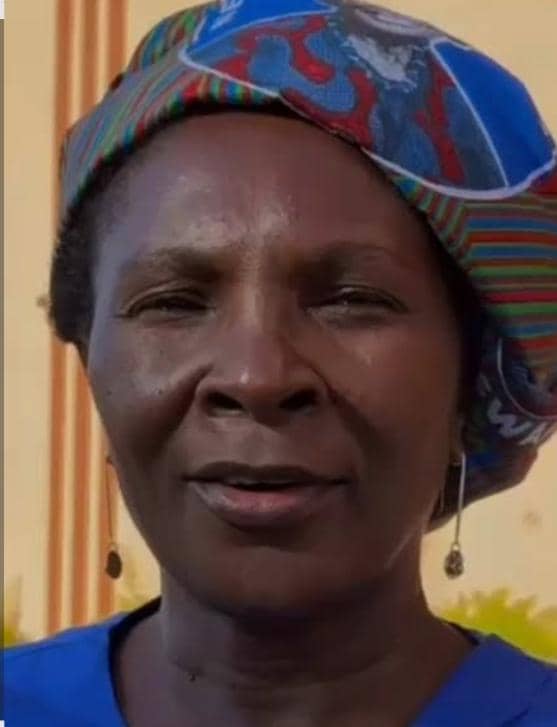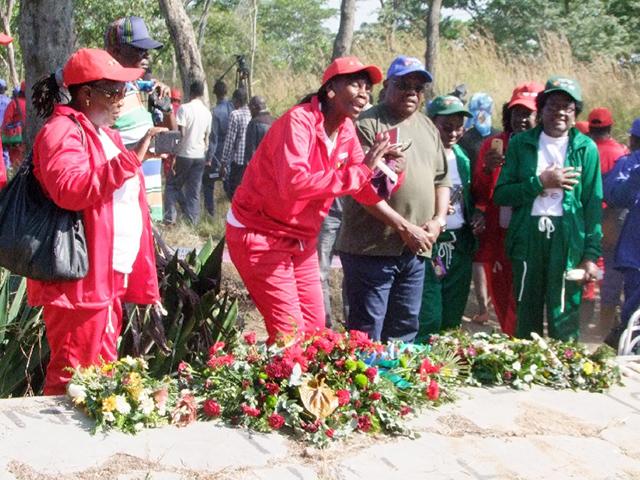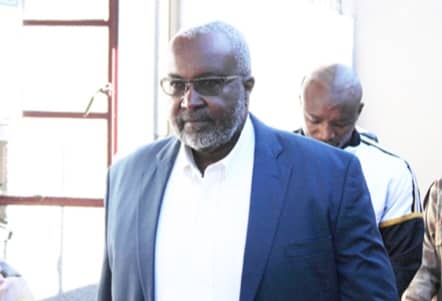HANOI – The battle of Dien Bien Phu was the critical event in Vietnam’s emergence as an independent nation state, but it also had a key impact on anti-colonialism movements elsewhere.
Domestically, the victory of the Viet Minh army under the overall control of Ho Chi Minh in 1954 led to the country’s independence. “Dien Bien Phu signalled the end of colonisation,” said Dao Hung, a member of the Vietnamese Association of Historians.In Geneva that same year following the military success, Ho Chi Minh secured peace in exchange for the division of the country into North Vietnam and South Vietnam at the 17th parallel.THE GREAT TURNINGThe Geneva Accords would have been unthinkable without the victory.”On a political level, it is the great turning”, said Hung.This thinking is reflected in the way Vietnam intends to celebrate this victory, which together with the liberation of Saigon in 1975, is still used by the communist regime today as the historical pillar of its legitimacy to rule.”Dien Bien Phu is the battle of Valmy of the Vietnamese.It is there that it all starts for them,” said a French diplomat in Hanoi, evoking the 1792 victory of a French volunteer army against the Prussians that preceded the adoption of France’s new constitution.”The celebrations commemorate a victory against colonialism but do not represent the expression of an anti-French feeling.The Vietnamese simply feel an ideological need to commemorate this battle,” he added.For those who fought in the battle, it brings back sharp memories.”I have images that return from time to time.In particular that of the surrender of French troops,” said Colonel Tran Dong.”It was the afternoon of May 7.We had just tackled a position close to the HQ of Castries”, the 75-year-old said, referring to Christian de la Croix de Castries, head of the French garrison at Dien Bien Phu.”A column of soldiers went by holding up white flags.They included French, Algerians, and Vietnamese,” he said.THE LEGACYBut the legacy of the battle reached far beyond Vietnam’s shores.For France, it marked the beginning of the end of its worldwide colonial empire.Two years later in 1956, Tunisia and Morocco obtained independence, after which France became bogged down in the Algerian campaign, sounding the death knell for a French colonial army forced to call on conscripts.”Internationally, the Dien Bien Phu victory meant that for the first time, a nation that was a semi-feudal colony with a small land area, small population, a backward economy, and rudimentary weaponry could defeat a Western power with large economic and military potential and sophisticated weapons,” Vo Nguyen Giap, the legendary general who commanded the Vietnamese forces during the battle, told a seminar last week.MILESTONEChristopher Goscha, a historian at the University of Lyon II, agrees the Vietnamese triumph at Dien Bien Phu was “a milestone in the history of modern military science”.”Not only had the Asian ‘colonised’ defeated the Western ‘coloniser’ in a set-piece battle, but the Vietnamese had also created a modern army from scratch in a time of war,” he said in October’s edition of the Journal of Southeast Asian Studies.According to him, people living under the yoke of European colonialism in other parts of the world realised that building a modern fighting force was essential to achieving independence.”In this sense, the Vietnamese defeat of the French at Dien Bien Phu in 1954 is as important as the Japanese defeat of the Russians at Tsushima in 1905,” he added, referring to the first victory by an Asian army over Western forces.- Nampa-AFP”Dien Bien Phu signalled the end of colonisation,” said Dao Hung, a member of the Vietnamese Association of Historians.In Geneva that same year following the military success, Ho Chi Minh secured peace in exchange for the division of the country into North Vietnam and South Vietnam at the 17th parallel.THE GREAT TURNINGThe Geneva Accords would have been unthinkable without the victory.”On a political level, it is the great turning”, said Hung.This thinking is reflected in the way Vietnam intends to celebrate this victory, which together with the liberation of Saigon in 1975, is still used by the communist regime today as the historical pillar of its legitimacy to rule.”Dien Bien Phu is the battle of Valmy of the Vietnamese.It is there that it all starts for them,” said a French diplomat in Hanoi, evoking the 1792 victory of a French volunteer army against the Prussians that preceded the adoption of France’s new constitution.”The celebrations commemorate a victory against colonialism but do not represent the expression of an anti-French feeling.The Vietnamese simply feel an ideological need to commemorate this battle,” he added.For those who fought in the battle, it brings back sharp memories.”I have images that return from time to time.In particular that of the surrender of French troops,” said Colonel Tran Dong.”It was the afternoon of May 7.We had just tackled a position close to the HQ of Castries”, the 75-year-old said, referring to Christian de la Croix de Castries, head of the French garrison at Dien Bien Phu.”A column of soldiers went by holding up white flags.They included French, Algerians, and Vietnamese,” he said.THE LEGACYBut the legacy of the battle reached far beyond Vietnam’s shores.For France, it marked the beginning of the end of its worldwide colonial empire.Two years later in 1956, Tunisia and Morocco obtained independence, after which France became bogged down in the Algerian campaign, sounding the death knell for a French colonial army forced to call on conscripts.”Internationally, the Dien Bien Phu victory meant that for the first time, a nation that was a semi-feudal colony with a small land area, small population, a backward economy, and rudimentary weaponry could defeat a Western power with large economic and military potential and sophisticated weapons,” Vo Nguyen Giap, the legendary general who commanded the Vietnamese forces during the battle, told a seminar last week.MILESTONEChristopher Goscha, a historian at the University of Lyon II, agrees the Vietnamese triumph at Dien Bien Phu was “a milestone in the history of modern military science”.”Not only had the Asian ‘colonised’ defeated the Western ‘coloniser’ in a set-piece battle, but the Vietnamese had also created a modern army from scratch in a time of war,” he said in October’s edition of the Journal of Southeast Asian Studies.According to him, people living under the yoke of European colonialism in other parts of the world realised that building a modern fighting force was essential to achieving independence.”In this sense, the Vietnamese defeat of the French at Dien Bien Phu in 1954 is as important as the Japanese defeat of the Russians at Tsushima in 1905,” he added, referring to the first victory by an Asian army over Western forces.- Nampa-AFP
Stay informed with The Namibian – your source for credible journalism. Get in-depth reporting and opinions for
only N$85 a month. Invest in journalism, invest in democracy –
Subscribe Now!










